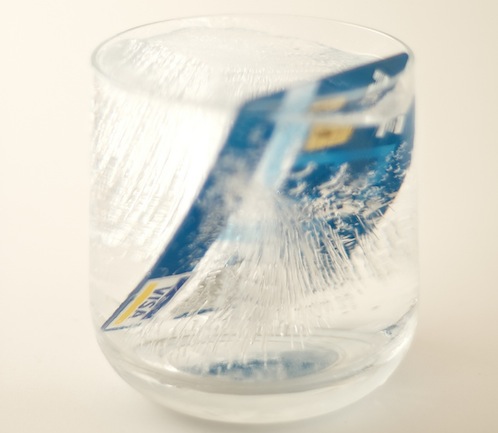
(photo credit: paalia)
Now, debt isn’t necessarily a bad thing, okay? But this is a little crazy. For the past 25 years, people in their early and mid-twenties have reported feeling a thrill of maturity and self-confidence when they first started to dig themselves into the debt hole.
Whether the money was going toward education or just going into the “I’ll pay for this pizza later” pile, young adults – especially those in the lowest 25% of income earners – said they experienced greater “self-esteem and perceived mastery” when they began to run up a tab.
Some kinds of debt are better than others. In general, debt that can be considered an investment in something – like a home, or an education that can get you a better job – is a good thing. But debt that gets you nothing but fees, interest rates, and a pizza that has long since been digested and forgotten – i.e., credit card debt – is not good.
The most important factor in determining whether your debt is good or bad is whether you’re able to make payments in full and on time. If you don’t, your credit score will suffer and you’ll find yourself on the road to Massive Debt.
Which, by the time you reach 28 (according to the study), will start to make you feel kind of bad about yourself.

